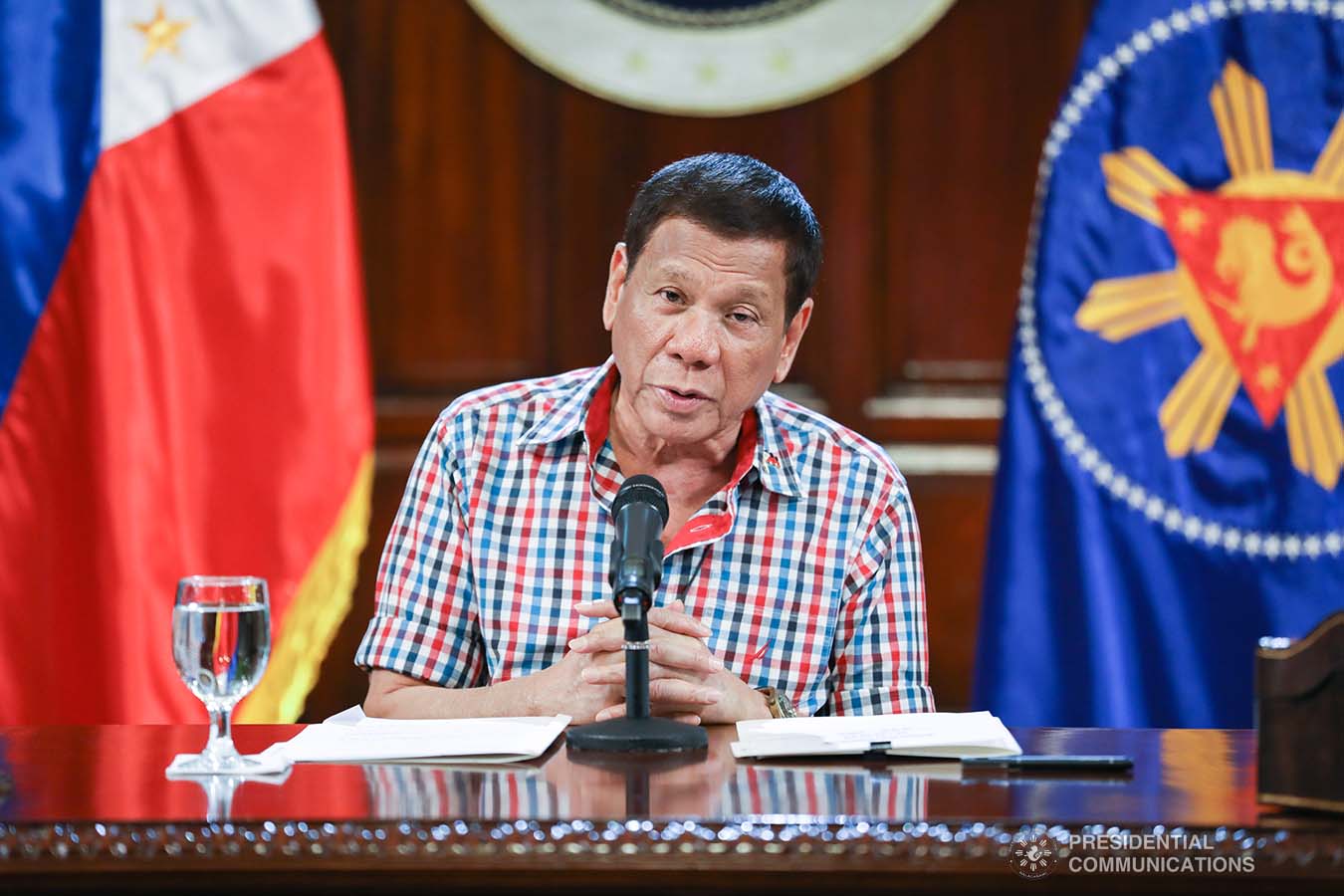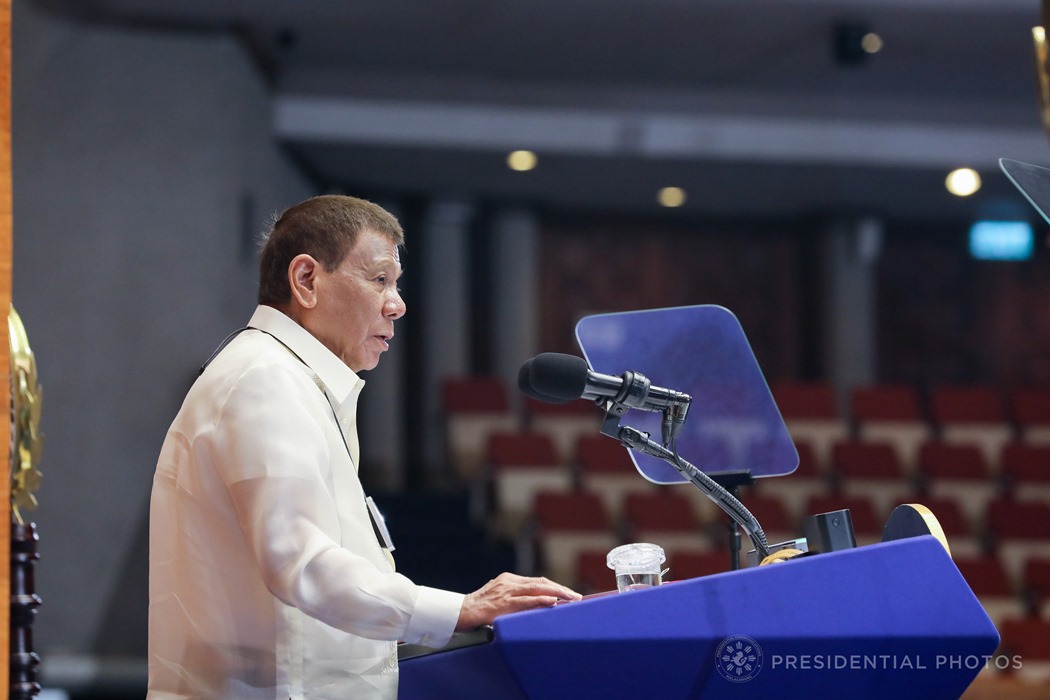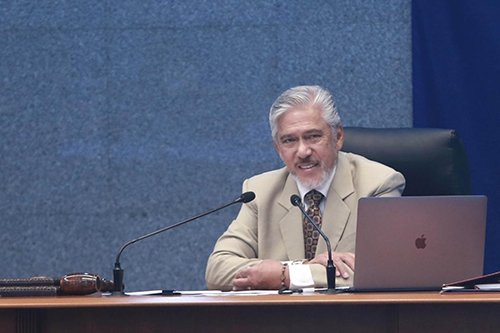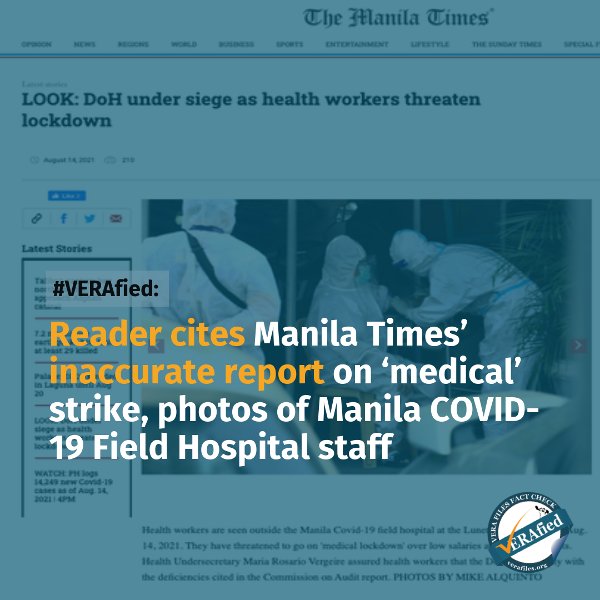Almost half of member-community newspapers of the Philippine Press Institute (PPI) had been forced to temporarily cease printing operations due to the 2019 coronavirus disease (Covid-19) pandemic, its executive director, Ariel Sebellino, said in an online forum on May 4 to commemorate World Press Freedom Day.
Sebellino said the ongoing health crisis has made it more difficult for the community press to perform duties such as news gathering in the field and, in the process, risk getting infected by Covid-19.
PPI is a non-profit private association of at least 60 newspapers and the oldest professional media organization in the country, with a mandate to defend press freedom and promote ethical journalism practice. Its member-newspapers include almost all of the major broadsheets based in Metro Manila as well as provincial and community newspapers in Luzon, Visayas, and Mindanao.
Sebellino said newspapers in the provinces are suffering more than their “bigger” counterparts in Metro Manila.
“Every journalist out there in the community journalism sector has to think about resources and logistics. Compared to the bigger newspapers in Metro Manila, mas kawawa po iyong nasa probinsya,” he said. Sebellino said he does not have the exact number of the community papers that have stopped printing during the Covid lockdown as they are still gathering more information.
Sebellino said PPI has received reports that SunStar Baguio, for one, has limited its presence to online,doing away with printed copies.Palawan News stopped publication during the lockdown but will resume operation next week.The Northern Forum based in Tuguegarao City has become active online and plans to print by next week all back issues in the past weeks when the province was on enhanced community quarantine.
Pahayagang Balikas in Batangas City was also among those that temporarily ceased printing copies but increased its online presence, and would print back issues with fewer pages and in black and white.
To continue delivering news to the public, Sebellino said PPI had launched two online projects called the “COVID Chronicles” and the “PPI News Commons” to provide space for its members to publish the articles they have produced. In a Facebook message, he said PPI has been mulling to monetize the articles, but it is also faced with financial constraints.
However, Sebellino said issues affecting the community press such as low salary rates and poor working conditions are not new but these keep “recurring.”
“What I’m saying is that, mahirap mag-isip ng mga proyekto at this point in time na pwede silang (community press) mag-survive. But I think it takes a community of journalists to really address itong issues na ito. It isn’t as if nangyayari siya ngayon — recurring ito. Matagal na pinag-uusapan ito,” he said.
He suggested that other media organizations equip their members from the community press with a “weapon” that they can use…“if they are going to be back (to publishing newspapers) after all this.” He mentioned the provision of training to community journalists, with the assistance of international organizations as a useful “weapon” to improve the skills set of the local media persons .
The online forum was co-organized by member-organizations of the Freedom for Media, Freedom for All network (FMFA), composed of the Center for Media Freedom and Responsibility (CMFR), the National Union of Journalists of the Philippines (NUJP), and the Philippine Center for Investigative Journalism (PCIJ), among other media organizations.
In the same online forum, FMFA network said in its joint report on the state of media freedom in the country that press freedom under the Duterte administration has been “further restricted” amid the COVID pandemic.
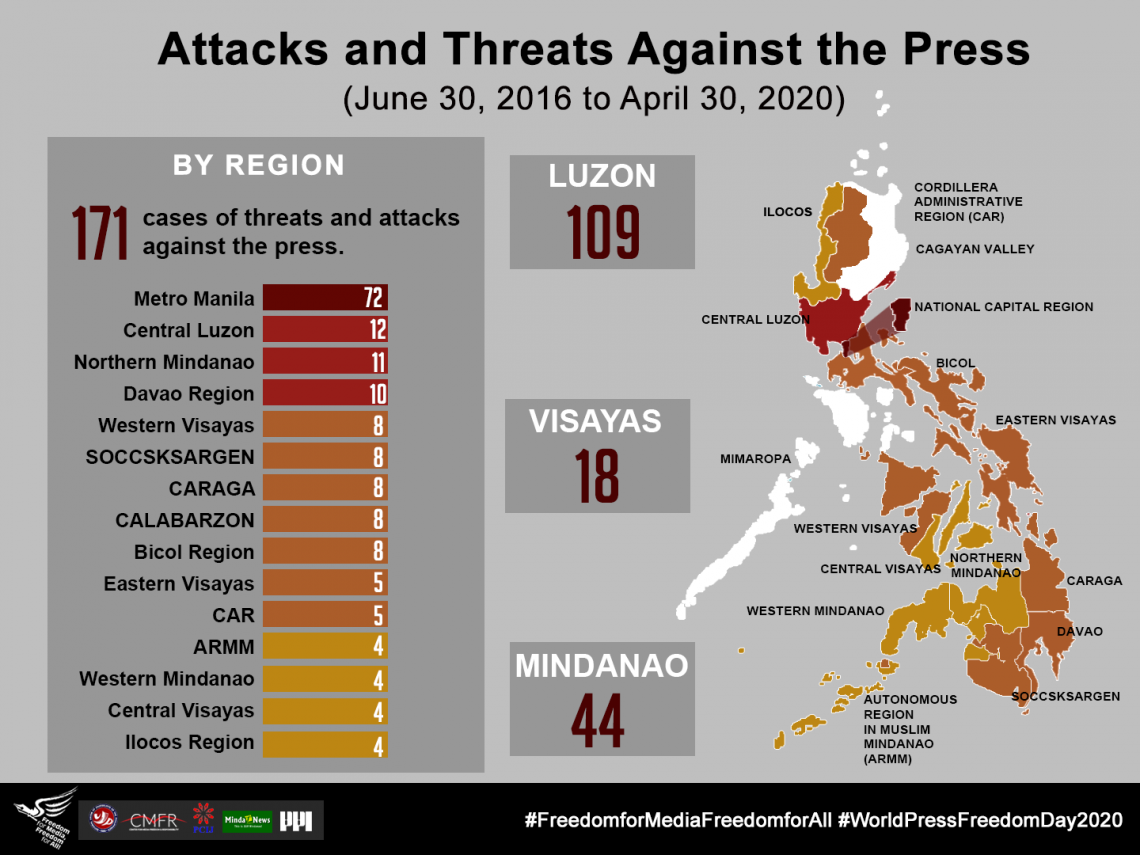
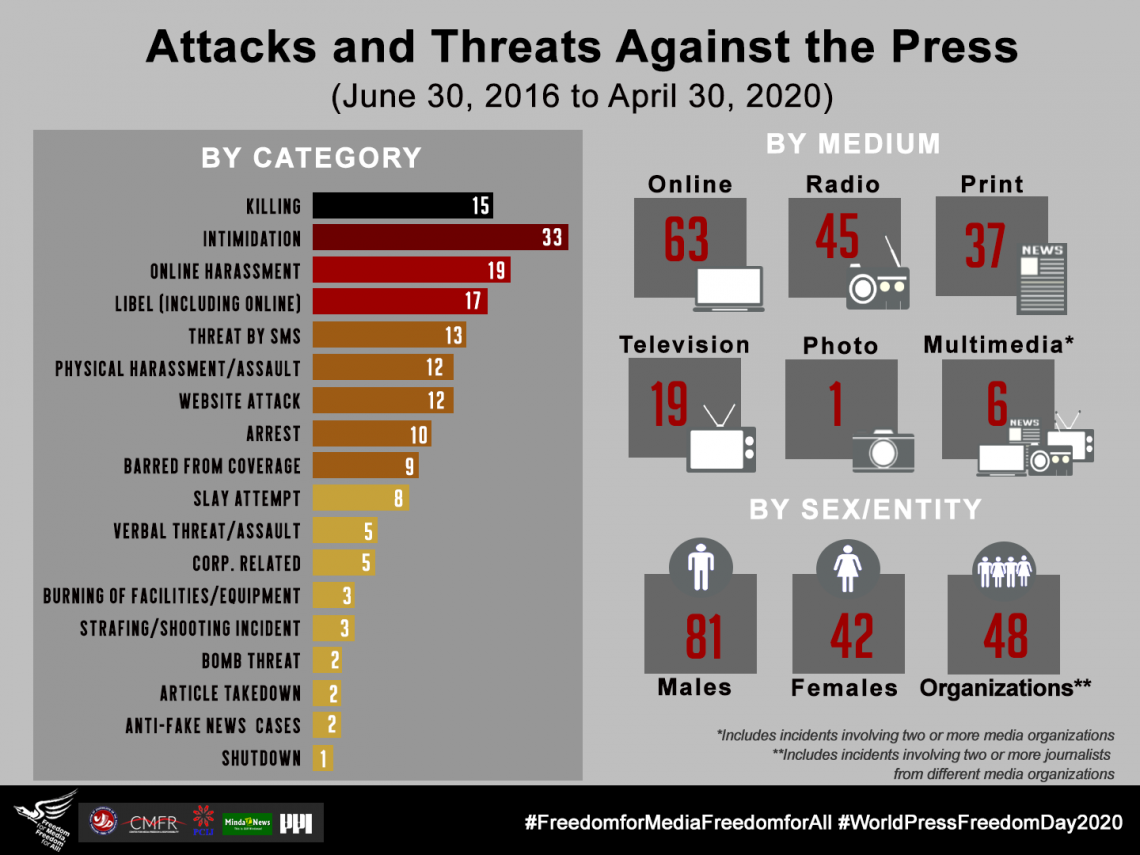
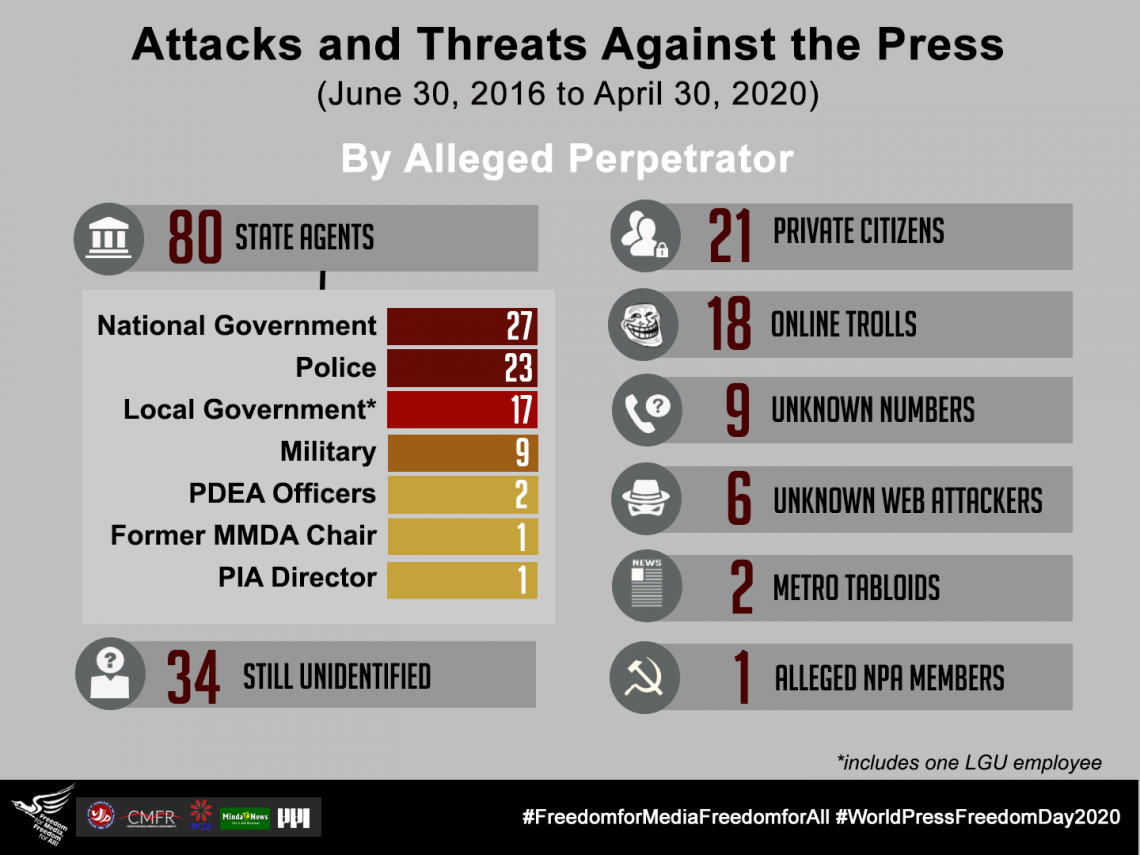
Infographics from Freedom for Media, Freedom for All network’s report on the state of media freedom in the Philippines
According to the report, attacks and threats on media practitioners are continuously rising, with 171 cases documented since June 30, 2016, and the online and radio sectors reporting the highest incidents. From January 2019 to April 30, 2020 alone, the network documented 61 new incidents which include 25 reports of intimidation, three killings, seven arrests and 23 anti-fake news cases.
Since Duterte assumed the presidency in July 2016, more than half of all alleged perpetrators of media practitioners involved government agents, the report said. Majority of the cases occurred in Metro Manila, it showed.
The FMFA took note of the cases of red-baiting of community journalists, weaponizing the “anti-fake news” provision on the Bayanihan to Heal as One Act against journalists and private citizens, intimidating the community media to support the anti-insurgency campaign of the government by signing a manifesto, and calling for revocation and non-renewal of the legislative franchise of broadcast giant ABS-CBN led by Solicitor General Jose Calida.
“Even in the midst of the profound difficulties imposed by the pandemic on the nation, there has been little change in the outlook of the administration, persisting in the view that a press must be regulated according to its need,” the network said.

